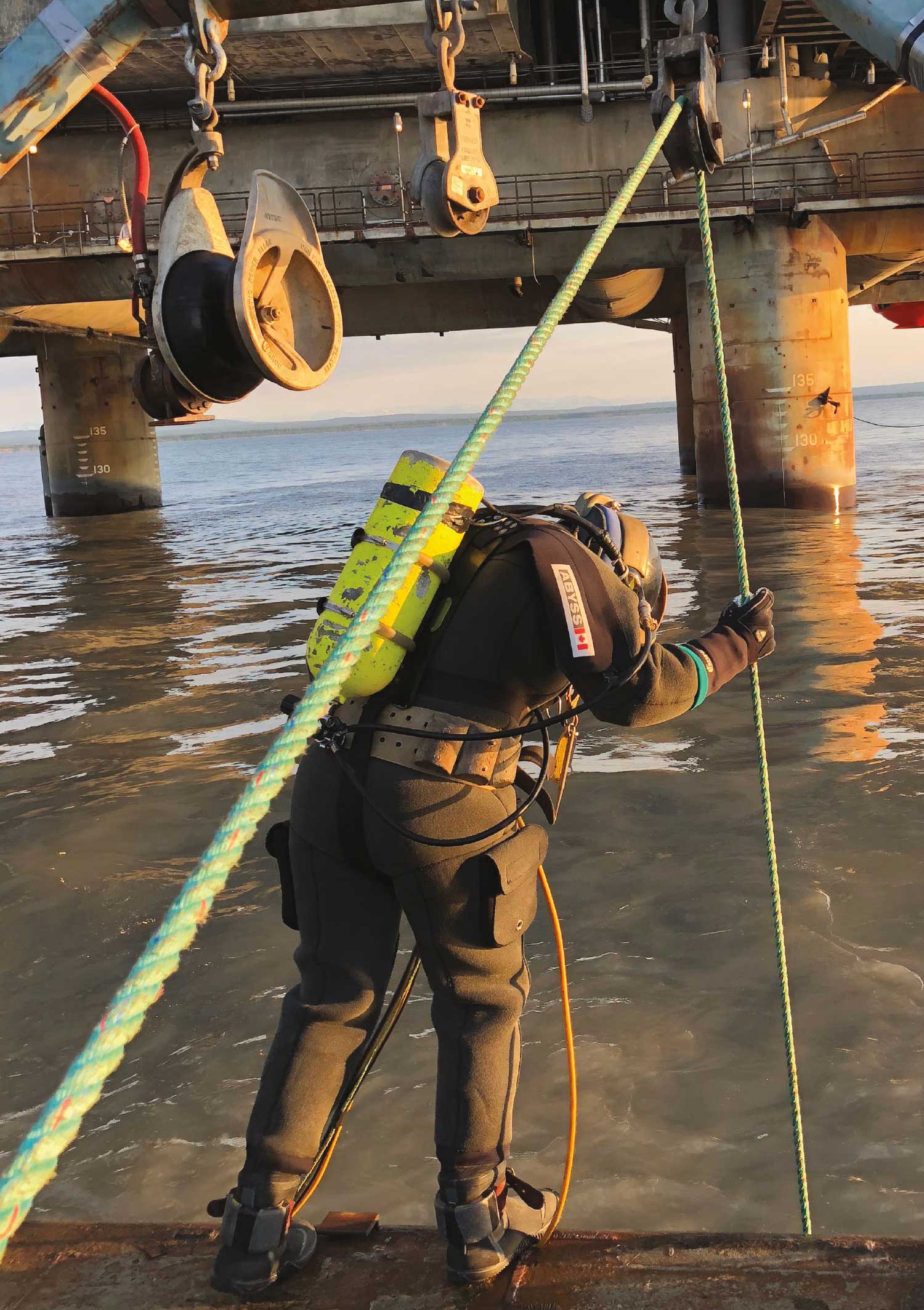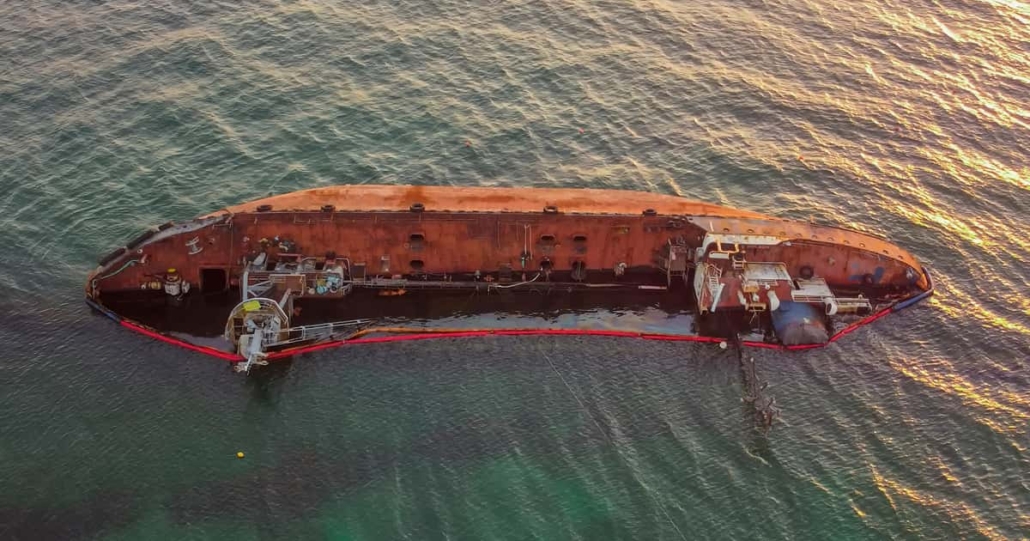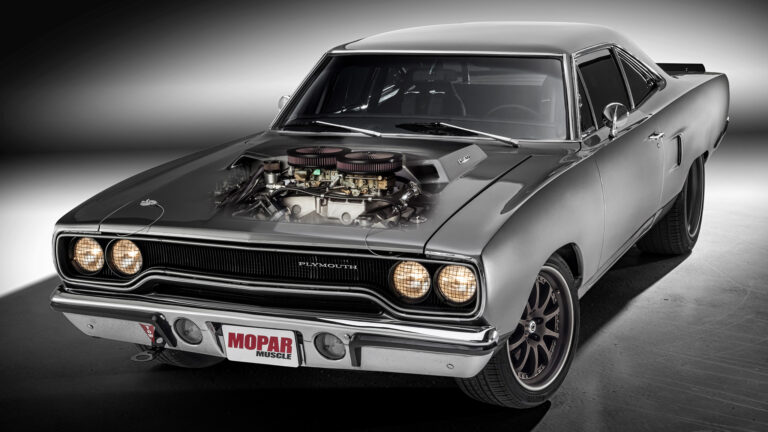Salvage Jeep Trackhawk For Sale: Unleashing High Performance on a Budget
Salvage Jeep Trackhawk For Sale: Unleashing High Performance on a Budget jeeps.truckstrend.com
The Jeep Grand Cherokee Trackhawk is a marvel of modern engineering, blending the luxury and capability of a Grand Cherokee with the heart-stopping power of a supercharged 6.2-liter Hellcat V8 engine, delivering an astounding 707 horsepower. This potent combination makes it one of the fastest and most desirable SUVs on the planet. However, its premium performance comes with a premium price tag, often placing it out of reach for many enthusiasts. This is where the concept of a Salvage Jeep Trackhawk For Sale enters the picture – an intriguing, albeit challenging, avenue for acquiring this beast at a significantly reduced cost.
A salvage Jeep Trackhawk for sale refers to a vehicle that has sustained significant damage (due to an accident, flood, fire, theft recovery, or other incidents) and has been declared a "total loss" by an insurance company. Consequently, it is issued a salvage title. While this designation immediately signals caution, for the savvy buyer, mechanic, or project car enthusiast, a salvage Trackhawk can represent an unparalleled opportunity to own a high-performance machine without breaking the bank, provided they understand the intricacies involved.
Salvage Jeep Trackhawk For Sale: Unleashing High Performance on a Budget
Why Consider a Salvage Trackhawk? The Allure of High Performance for Less
The primary motivation for exploring a salvage Jeep Trackhawk for sale is, without a doubt, the potential for substantial cost savings. A brand-new or even a well-maintained used Trackhawk can command prices upwards of $60,000 to $80,000 or more. A salvage Trackhawk, depending on the extent and nature of its damage, could be acquired for a fraction of that cost – sometimes as low as $15,000 to $30,000.
Beyond the financial appeal, salvage Trackhawks offer:
- Project Potential: For those with mechanical skills or a passion for automotive restoration, a salvage Trackhawk presents a challenging yet rewarding project. It allows for hands-on experience, customization, and the satisfaction of bringing a high-value vehicle back to life.
- Access to High Performance: It opens the door to owning a vehicle with incredible power, speed, and luxury that might otherwise be financially unattainable.
- Parts Donor: Even if rebuilding is not the goal, a salvage Trackhawk can be an invaluable source of high-demand, expensive parts for another Trackhawk or related vehicle.

Understanding Salvage Titles: What You Need to Know
Before diving into the hunt for a salvage Jeep Trackhawk for sale, it’s crucial to grasp what a salvage title signifies and its implications.
A salvage title is issued when a vehicle’s repair costs exceed a certain percentage (typically 70-90%, varying by state) of its actual cash value (ACV) before the damage occurred. This doesn’t necessarily mean the vehicle is beyond repair, but rather that it’s uneconomical for the insurance company to repair it.
Common reasons for a vehicle to receive a salvage title include:
- Collision Damage: The most frequent cause, ranging from fender-benders to severe structural damage.
- Flood Damage: Water ingress can cause extensive and often hidden electrical, mechanical, and interior damage, making repairs costly and complex.
- Fire Damage: Can range from minor engine fires to complete cabin incineration.
- Theft Recovery: If a stolen vehicle is recovered but has sustained damage, vandalism, or missing parts, it may be deemed a total loss.
- Hail Damage: Severe hail can cause extensive body damage that, while not affecting drivability, is costly to repair.

Implications of a Salvage
- Rebuilt Once repaired and inspected to state standards, a salvage vehicle can often be re-titled as a "rebuilt" or "reconstructed" vehicle. This process involves rigorous inspections to ensure roadworthiness and safety.
- Insurance Challenges: Insuring a rebuilt title vehicle can be more difficult and expensive. Some insurers may refuse comprehensive or collision coverage, only offering liability.
- Resale Value: Even with a rebuilt title, the vehicle’s resale value will be significantly lower than a clean-title equivalent.
- Financing: Obtaining a loan for a salvage or rebuilt title vehicle is often challenging, if not impossible, as lenders view them as high-risk.
Where to Find a Salvage Jeep Trackhawk For Sale
The search for a salvage Jeep Trackhawk for sale typically leads to a few key avenues:
- Online Auto Auctions: Platforms like Copart, IAAI (Insurance Auto Auctions), and Adesa specialize in selling salvage, damaged, and clear-title vehicles from insurance companies, rental fleets, and dealerships. These are often the best places to find a wide selection.
- Specialized Salvage Dealers: Some dealers specialize in buying damaged vehicles, performing necessary repairs, and then selling them with rebuilt titles.
- Local Salvage Yards/Junkyards: While less likely to have a high-value vehicle like a Trackhawk intact, it’s not impossible, especially for parts.
- Online Marketplaces: Occasionally, private sellers might list a salvage Trackhawk on platforms like eBay, Facebook Marketplace, or specialized forums.
When using online auction sites, be aware that many require a dealer license to bid. However, you can often work with a registered broker who will bid on your behalf for a fee.
The Inspection Process: Crucial Steps Before You Buy
This is arguably the most critical step when considering a salvage Jeep Trackhawk for sale. Never purchase a salvage vehicle sight unseen.
-
Thorough Visual Inspection:
- Exterior: Look for obvious signs of damage, misaligned panels, paint inconsistencies, and frame damage (wrinkles in the frame rails, buckling).
- Interior: Check for water stains (indicating flood damage), mold, mildew, strange odors, deployed airbags, and electrical component functionality.
- Engine Bay: Look for fluid leaks, damaged components, signs of fire, and ensure the engine isn’t seized (if possible to turn over).
- Undercarriage: Inspect for rust, bent suspension components, exhaust damage, and any signs of structural compromise.
-
Professional Pre-Purchase Inspection (PPI):
- Hire a Reputable Mechanic: This is non-negotiable. Find a mechanic experienced with high-performance vehicles and structural damage. They can identify hidden issues that you might miss.
- Diagnostic Scan: A comprehensive scan can reveal electronic issues, sensor failures, and powertrain faults.
- Frame Inspection: A frame shop can put the vehicle on a frame machine to check for alignment and structural integrity.
-
Research the Vehicle History:
- VIN Check: Use services like Carfax or AutoCheck to get the vehicle’s full history, including accident reports, flood damage, mileage discrepancies, and previous salvage declarations.
- Original Incident Photos: If buying from an auction, request or look for photos of the vehicle before any initial repairs or dismantling. This provides crucial insight into the original damage.
Cost Considerations Beyond the Purchase Price
The purchase price of a salvage Jeep Trackhawk is just the beginning. Factor in these additional costs:
| Cost Category | Description | Estimated Range (Highly Variable) |
|---|---|---|
| Purchase Price | Depending on damage severity, year, and mileage | $15,000 – $45,000 |
| Auction Fees | Buyer fees, gate fees, platform fees (if buying from auction) | $500 – $2,000 |
| Transportation | Towing/shipping the non-drivable vehicle from auction to repair shop | $200 – $1,500+ (distance dependent) |
| Parts & Repairs | Replacing damaged components, bodywork, paint, mechanical fixes | $5,000 – $30,000+ (can exceed) |
| Labor Costs | If not DIY, professional mechanic/body shop labor rates | $100 – $200/hour |
| Re-titling Fees | State-specific fees for inspection and issuing a rebuilt title | $100 – $500 |
| Inspection Fees | State safety/salvage inspections, possibly multiple trips | $50 – $200 |
| Insurance Premiums | Potentially higher premiums for rebuilt title vehicles, limited coverage | Varies significantly |
| Unexpected Issues | Unforeseen problems discovered during repair (e.g., hidden electrical issues) | Budget an extra 10-20% |
Total Estimated Investment: A salvage Trackhawk that costs $20,000 could easily require another $15,000-$25,000 (or more) in repairs, bringing the total cost closer to $35,000-$45,000. This is still significantly less than a clean-title Trackhawk, but it highlights the need for a realistic budget.
The Rebuilding Process: A Brief Guide
Rebuilding a salvage Trackhawk is a significant undertaking that requires planning and often professional assistance.
- Assessment and Planning: After purchase, thoroughly assess all damage. Create a detailed repair plan, prioritize structural and mechanical repairs first.
- Sourcing Parts: This can be challenging for a high-performance, relatively rare vehicle.
- New OEM Parts: Most expensive, but guarantee fit and quality.
- Aftermarket Parts: Good for common wear items, but research quality.
- Used Parts: Salvage yards specializing in performance vehicles, online forums, and eBay can be sources for used OEM parts (e.g., body panels, interior components, less critical mechanical parts).
- Repair Work:
- Structural Repair: If the frame is bent, this requires specialized equipment and expertise. Do NOT attempt this without professional help.
- Mechanical Repairs: Engine, transmission, suspension, brakes.
- Electrical Repairs: Can be complex, especially with flood damage.
- Bodywork and Paint: Essential for aesthetics and protecting the vehicle.
- State Inspections for Rebuilt
- Once repairs are complete, the vehicle must pass a rigorous state inspection to verify all damage has been repaired and it meets safety standards. This often includes verifying that parts used are legitimate and not stolen.
- Keep meticulous records of all repairs, parts purchased, and receipts. This documentation is crucial for the inspection and future resale.
Potential Challenges and Solutions
While rewarding, pursuing a salvage Jeep Trackhawk for sale comes with inherent challenges:
- Hidden Damage: The biggest risk. What appears to be minor cosmetic damage might hide significant structural, electrical, or mechanical issues.
- Solution: Thorough PPI by a specialist, original incident photos, and budgeting for contingencies.
- Parts Availability and Cost: Trackhawk-specific parts, especially performance-oriented ones, can be rare and expensive.
- Solution: Be resourceful in sourcing parts, consider used parts from reputable sellers, and factor in potential delays.
- Insurance Difficulties: Securing full coverage can be a hurdle.
- Solution: Shop around with multiple insurance providers specializing in rebuilt titles. Be prepared for higher premiums or limited coverage.
- Resale Value: A rebuilt title will always negatively impact resale value, even if perfectly repaired.
- Solution: Accept that the primary value is in personal enjoyment and usage, not maximum financial return. Document all repairs meticulously to provide transparency to future buyers.
- Time Commitment: Rebuilding a salvage vehicle is not a quick process. It can take months, even years, depending on the damage and your available time.
- Solution: Patience and a realistic timeline are key. Don’t rush the process.
Tips for a Successful Salvage Trackhawk Purchase
- Do Your Homework: Research common Trackhawk issues, understand the different types of damage, and familiarize yourself with auction processes.
- Set a Realistic Budget: Not just for the purchase price, but for all potential repair, re-titling, and unexpected costs. Add a significant contingency fund.
- Inspect, Inspect, Inspect: As emphasized, a professional pre-purchase inspection is your best defense against hidden problems.
- Know Your Skill Level: Be honest about your mechanical abilities. If you’re not a seasoned mechanic, factor in professional labor costs.
- Document Everything: Keep detailed records of all inspections, repairs, parts purchased, and costs. This is invaluable for re-titling, insurance, and future resale.
- Patience is a Virtue: Finding the "right" salvage Trackhawk with manageable damage at a good price takes time. Don’t jump on the first one you see.
- Consult with Experts: Talk to mechanics, body shop owners, and even other enthusiasts who have experience with salvage vehicles.
Price Table: Estimated Salvage Jeep Trackhawk For Sale Costs
It’s crucial to understand that prices for a salvage Jeep Trackhawk for sale are highly volatile and depend on numerous factors, including the year, mileage, specific type and severity of damage, location, and market demand. The table below provides estimated ranges for typical auction prices, assuming a 2018-2021 model year. Repair costs are additional.
| Damage Severity | Typical Auction Purchase Price Range | Common Repair Needs |
|---|---|---|
| Light Cosmetic Damage | $35,000 – $45,000+ | Bumper, fender, minor paint, non-structural |
| Moderate Front/Rear End | $25,000 – $35,000 | Body panels, radiator support, airbags, cooling system |
| Moderate Mechanical/Side | $20,000 – $30,000 | Suspension, axle, transmission, door/quarter panel |
| Significant Structural | $15,000 – $25,000 | Frame repair, major body/mechanical components |
| Engine/Major Mechanical | $10,000 – $20,000 | Engine replacement/rebuild, transmission overhaul |
| Flood/Fire Damage | $8,000 – $18,000 (often not worth it) | Extensive electrical, interior, rust, safety concerns |
Note: These are purchase prices for the salvage vehicle only. Repair costs, fees, and other expenses must be added on top.
Frequently Asked Questions (FAQ) about Salvage Jeep Trackhawk For Sale
Q1: Is it safe to drive a rebuilt salvage Trackhawk?
A1: Yes, if the vehicle has been professionally repaired to manufacturer specifications and has successfully passed all state-mandated safety and structural inspections to obtain a rebuilt title, it should be as safe as any other vehicle. The key is proper, thorough repair.
Q2: Can I get full coverage insurance on a rebuilt title Trackhawk?
A2: It can be challenging. Some major insurance companies may refuse full coverage, while others will offer it at a higher premium or with specific conditions. It’s best to contact multiple providers and disclose the rebuilt title upfront.
Q3: Will a salvage Trackhawk always have a lower resale value?
A3: Yes, almost always. Even a perfectly repaired and well-maintained rebuilt title vehicle will command a lower resale price than a comparable clean-title vehicle. The stigma of the salvage history persists.
Q4: How long does it take to rebuild a salvage Trackhawk?
A4: The timeline varies greatly depending on the extent of the damage, parts availability, your mechanical skill level (if DIY), and the shop’s workload. It can range from a few weeks for minor damage to several months or even over a year for major structural or mechanical issues.
Q5: What’s the biggest risk when buying a salvage Trackhawk?
A5: Hidden damage. What appears to be minor cosmetic damage can mask severe underlying structural or electrical problems that are expensive and difficult to fix. This is why a thorough pre-purchase inspection is paramount.
Q6: Can I finance a salvage Trackhawk?
A6: It’s extremely difficult. Most traditional lenders will not finance a vehicle with a salvage title due to the high risk involved and the uncertain resale value. You’ll likely need to pay cash or secure a personal loan.
Q7: Is it worth buying a flood-damaged Trackhawk?
A7: Generally, it’s advised to avoid flood-damaged vehicles, especially high-tech ones like the Trackhawk. Water can cause insidious and long-term electrical, rust, and mold issues that are incredibly difficult and expensive to remediate fully. The risks often outweigh the potential savings.
Conclusion
The pursuit of a Salvage Jeep Trackhawk For Sale is not for the faint of heart, nor for the uninitiated. It’s an endeavor fraught with potential pitfalls but also brimming with the promise of owning an automotive legend at a fraction of its market value. For those with a keen eye, mechanical aptitude, a robust budget for repairs, and an unwavering commitment to the project, it can be an incredibly rewarding journey.
By understanding the intricacies of salvage titles, diligently performing pre-purchase inspections, meticulously planning for repairs, and being prepared for the challenges that may arise, enthusiasts can transform a damaged powerhouse into a road-worthy beast. Ultimately, acquiring and rebuilding a salvage Trackhawk is more than just a transaction; it’s an investment in a unique, high-performance experience and a testament to the dedication required to bring such a magnificent machine back to life.





